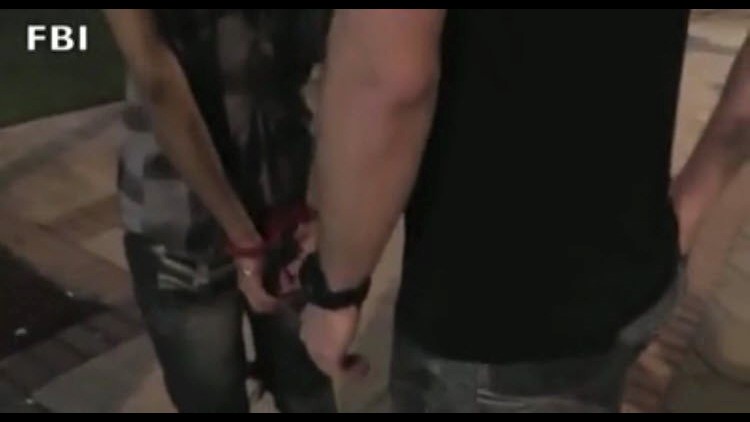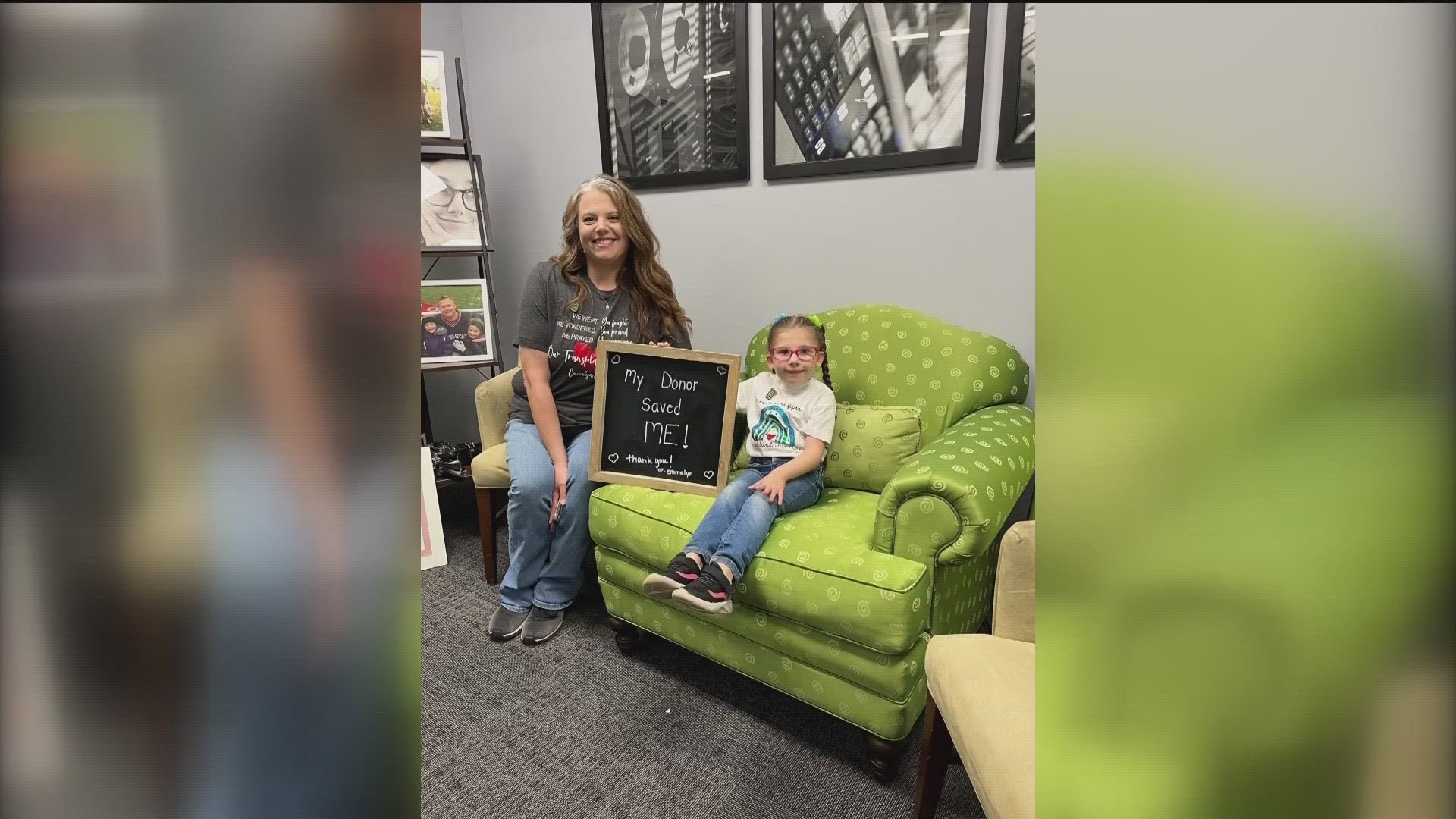TOLEDO, OH (WTOL) - EleSondra DeRamano was sex trafficked for a year and a half when she was just eleven years old.
"I would just pray and pray and pray and know that I was going to get out of it," EleSondra DeRamano said.
But when El became an adult she went back into the only thing she knew: Prostitution.
"People don't even understand human trafficking now, so can you imagine what they thought back then, when I was little?" EleSondra said.
She says it's a common path for other trafficking victims.
According to the FBI, 50 percent of people will go back into the lifestyle they were once rescued from.
University of Toledo Professor Celia Williamson is working with law enforcement to rewrite the criminal response to prostitution.
"We owe some responsibility to those women," Williamson said. "Just because the law says that if you're under 18, you are the victim of this crime. But the morning you wake up and you turn 18, if there's not a physical trafficker in your life, our court system is willing to say now you are committing a crime."
She's turned her life around now, but El still walks the streets often at night—to find prostitutes and show them another way.
WTOL reached out to the local FBI office to find out how sex trafficking awareness has changed its response to prosecuting prostitutes.
"Toledo is known as sort of a hub for prostitution," supervisory special agent Jake Hardie said.
Hardie said while it may take time for the laws to change, officers are learning that many women working the streets were once young girls who slipped through the cracks. He says law enforcement works to connect prostitutes they pick up with outside agencies.
"Law enforcement can't do this alone. We need the help of the non-profits; we need the help of the social service agencies," he said.
EleSondra founded one of those agencies. It's called S.T.A.R.S.—Standing Together Against Real Slavery. Her mission is twofold: to help prevent and identify current sex trafficking victims and those the system missed.
"I just knew some-how, some way I was going to get out of it, and I did get out of it," EleSondra said.
To help S.T.A.R.S. in its fight against sex trafficking, people can donate money or one of the items the group is in need of:
- 15 passenger van
- Gift cards/food cards
- Socks, undergarments, hats, gloves, scarves
- Monetary donations
- Personal hygiene products
- Volunteers
- Bottled water
For more information on sex trafficking, check out the Trafficking Resource Center or S.T.A.R.S. Toledo.



